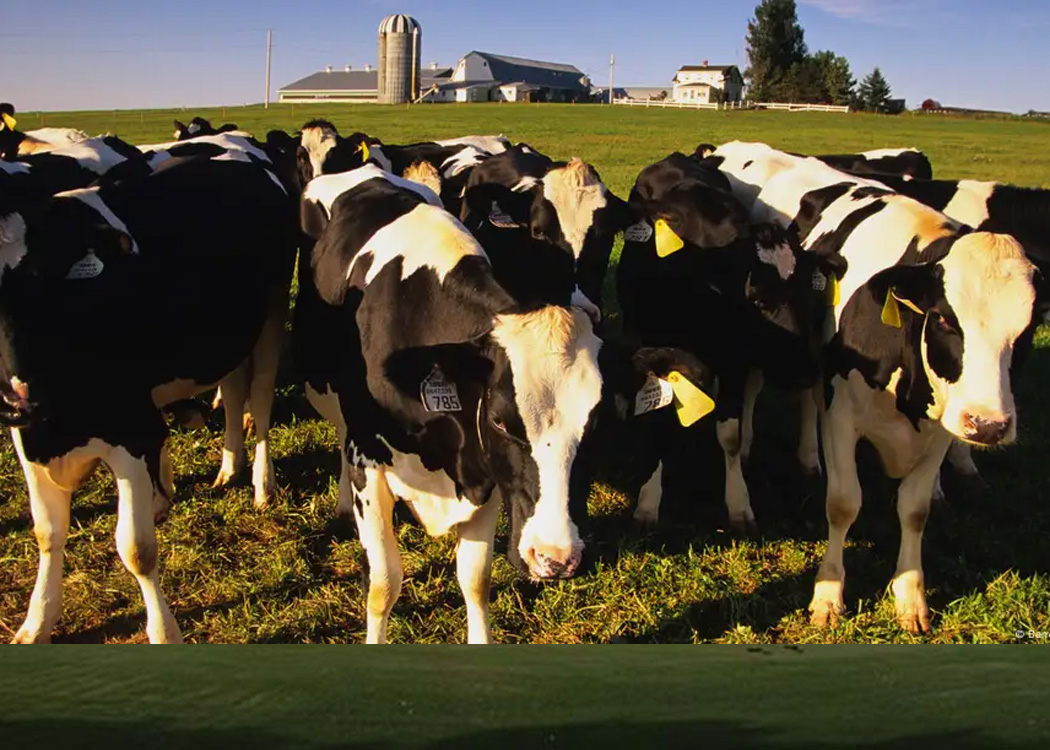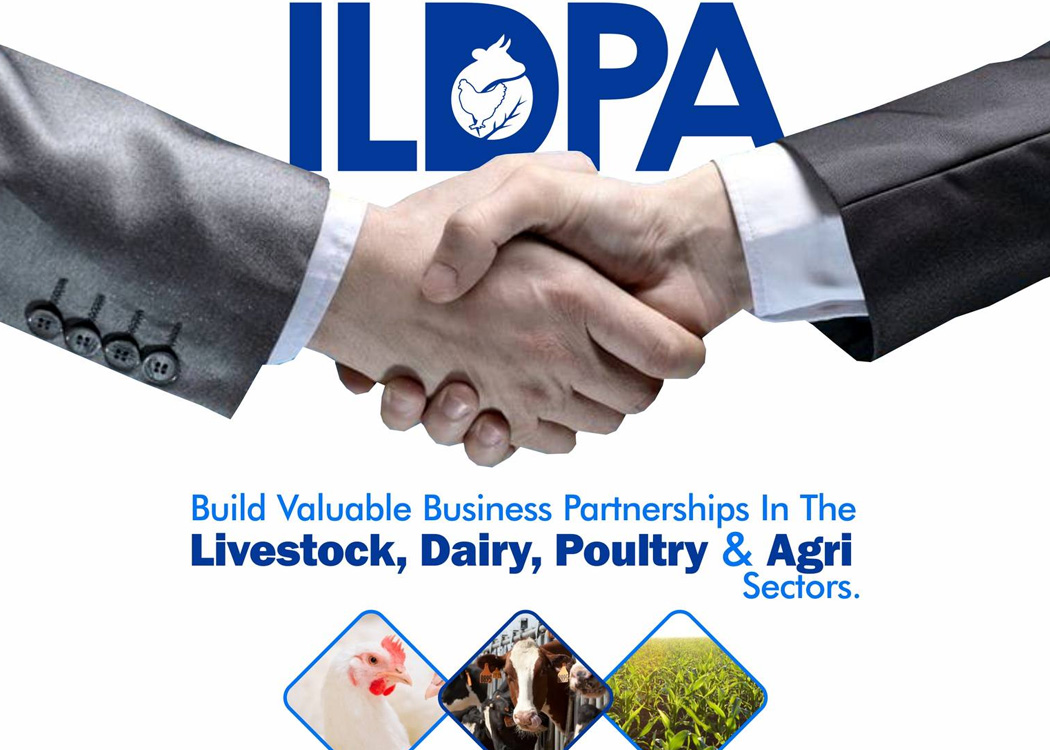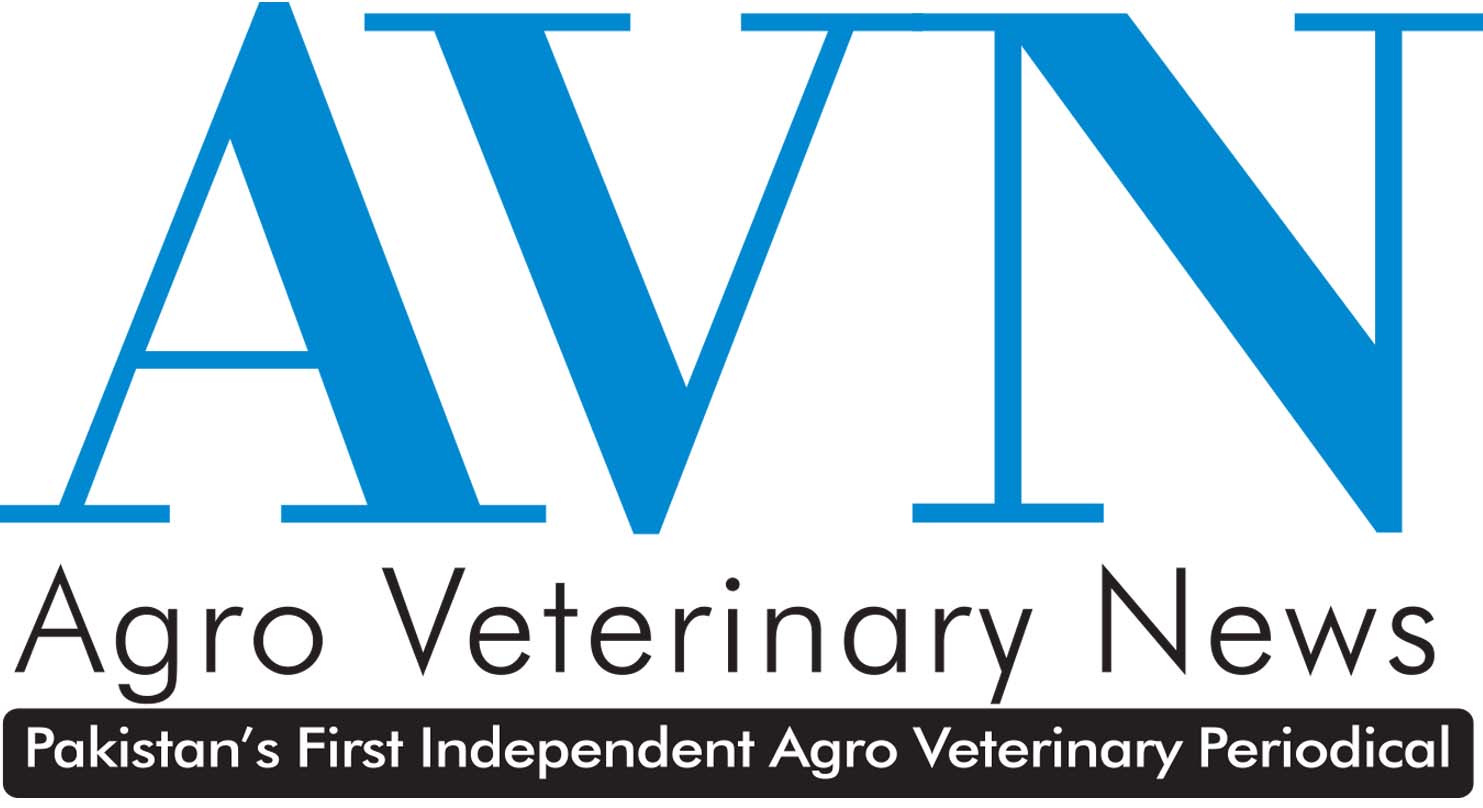Global ban on US meat: Safety concerns, not tariffs, drive import restrictions
While former US President Donald Trump has blamed global meat import restrictions for justifying steep trade tariffs, many countries have maintained these bans for decades due to food safety and public health concerns.
Australia, Argentina, the European Union, and the United Kingdom all continue to limit or reject US beef and poultry products. Reasons range from the long-standing risk of bovine spongiform encephalopathy (BSE)—also known as Mad Cow Disease—to the routine use of growth hormones in cattle and chlorine-washing practices in poultry processing.
Hormone-injected beef sparks European concern
Since 1989, the EU and UK have barred hormone-treated US beef due to scientific studies linking compounds like estradiol 17ß to potential cancer risks. While US authorities maintain their products are safe for consumption, EU experts argue their assessment must consider vulnerable populations including children and the elderly. Europe continues to accept non-hormone-treated US beef, but volumes remain limited.
Chlorinated chicken remains a sticking point
US poultry producers use chlorine rinses to disinfect meat, a practice criticized by EU regulators. Although the European Food Safety Authority (EFSA) found low direct risk to consumers, experts argue the process masks poor hygiene standards during earlier stages of production. In fact, research suggests chlorine treatment may be ineffective, leaving harmful bacteria undetected but still dangerous.
Australia and Argentina: Open, but with conditions
Australia lifted its US beef ban in 2019, and Argentina followed suit in 2018. However, both nations require US producers to meet stringent biosecurity standards. Tracing requirements, including proof that cattle are fully bred and processed in the US, are difficult and costly for most American producers to comply with.
Meanwhile, Argentina continues to block live cattle exports from the US until a new bilateral sanitary agreement is finalized.
Public opinion adds pressure
A 2020 UK poll revealed that 80% of the public opposes importing chlorinated chicken. Such strong resistance, combined with regulatory challenges, suggests US producers must fundamentally alter farming practices to compete globally—phasing out hormone use and chemical rinses may be the only path forward.
Until then, food safety—not trade disputes—will remain the central obstacle to American meat exports in many parts of the world.






